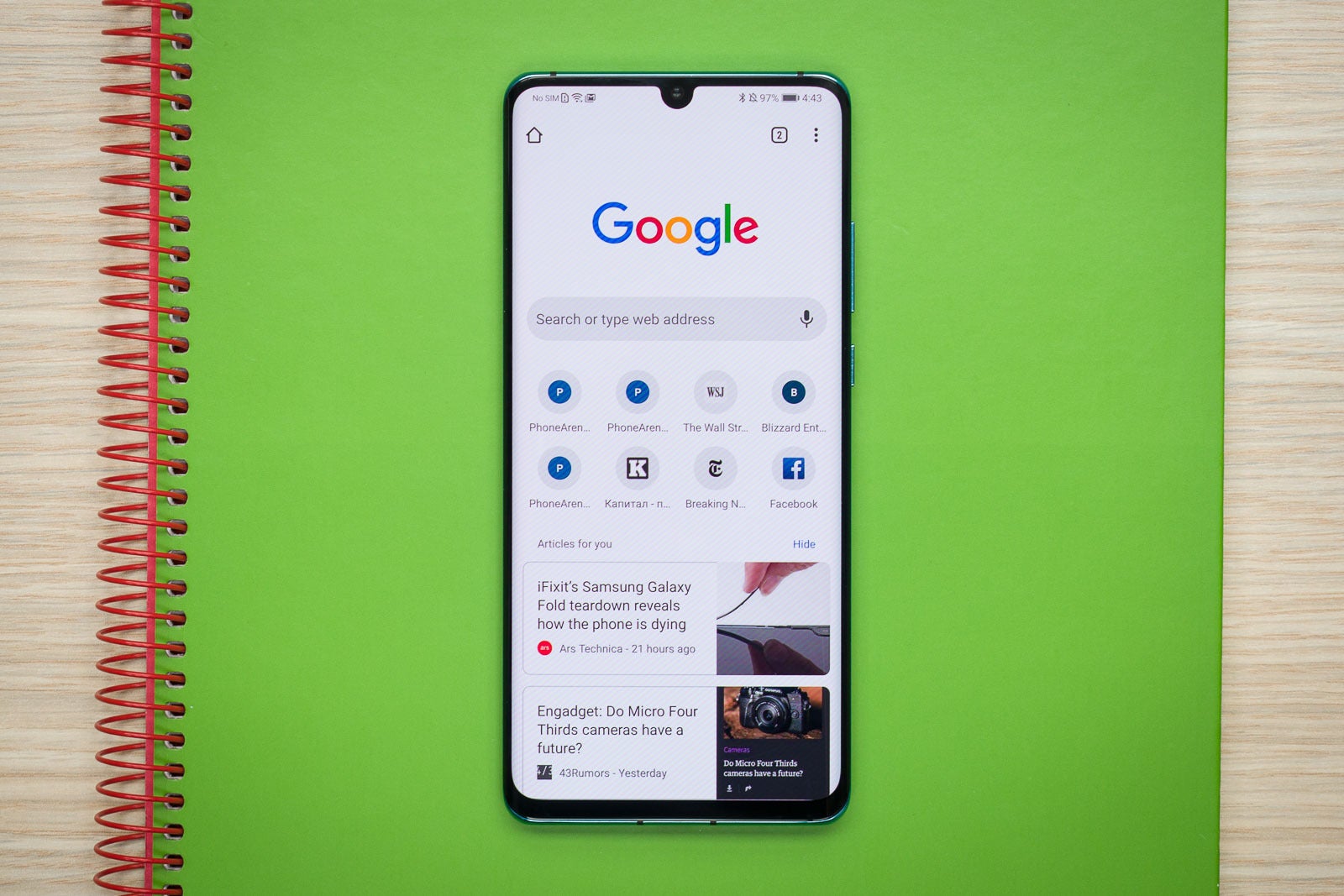Image credit — PhoneArena
Google, the tech giant, is under fire from regulators worldwide for alleged antitrust violations. Japan's Fair Trade Commission (JFTC) is reportedly
set to rule that Google broke the country's antitrust laws with its Chrome browser. This investigation began last October, shortly after a
US court found Google's dominance in the search market to be anti-competitive. The JFTC claims Google unfairly pressured smartphone makers to favor its products, giving it an edge in the search market.
This isn't the first time Google has faced such accusations. In November, a US district judge ruled that Google holds a monopoly in the search market. This ruling prompted the US government to propose that
Google sell off assets like Chrome and Android to loosen its control over the search market. Additionally, the US government wants Google to provide third parties with low-cost access to its search engine. The trial for this case is scheduled to begin in April 2025.
Google has also faced scrutiny from the European Union. In 2019,
the EU fined Google €1.49 billion for antitrust breaches. More recently, the European Commission recommended that Google sell off parts of its business and warned of potential fines reaching 10% of its global revenue if it doesn't comply.
Google Chrome browser | Image credit — PhoneArena
These actions by regulators worldwide could significantly impact the tech industry. In one scenario, if Google is forced to sell off assets or change its business practices, it could create opportunities for smaller companies and potentially lead to a more competitive search market. This could result in better products and services for consumers as companies innovate to gain market share.
The outcome of these legal battles remains uncertain, but one thing is clear: the tech world is watching closely. The decisions made in these cases could shape the future of the internet and how we access information online.
However, this situation presents a difficult dilemma for users like myself. We rely on and appreciate Google's products, such as Chrome and Android. However, we also recognize the importance of competition in driving innovation and providing diverse options. The possibility of our favorite products changing ownership and potentially changing for the worse is a legitimate concern. It's a complex issue with no easy answers for the end user, and it highlights the delicate balance between regulation, innovation, and user experience.
Read the latest from Johanna Romero















Things that are NOT allowed:
To help keep our community safe and free from spam, we apply temporary limits to newly created accounts: